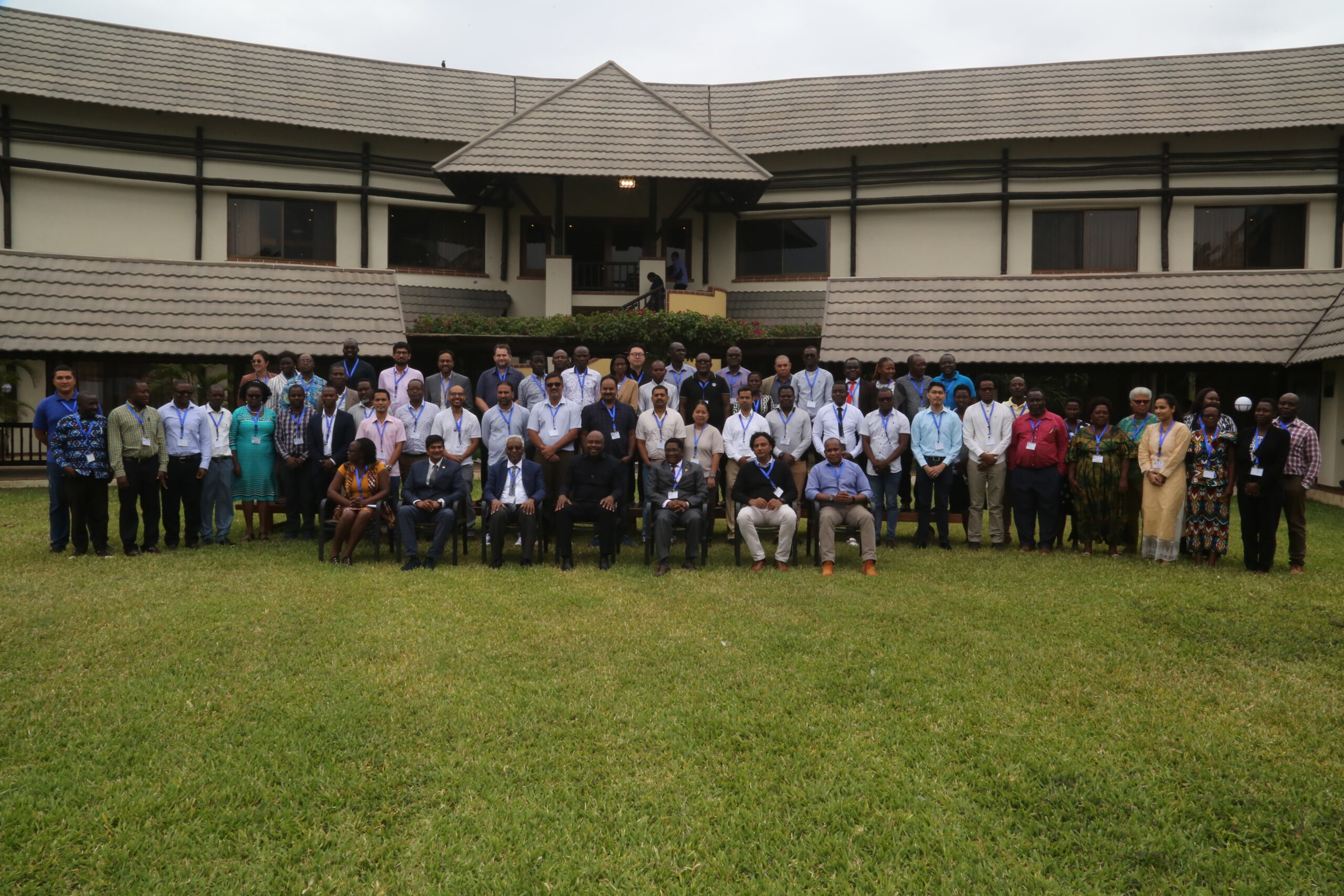By Charles Mwangi
A promising initiative to transform rice production across East and Southern Africa (ESA) kicked off on August 28, 2023, as Mr. Gerald Mweli, the Permanent Secretary of the Tanzanian Ministry of Agriculture, inaugurated the annual Rice Breeding Innovations (RBI) Partners’ Meeting. This three-day event gathers experts, scientists, and stakeholders from 11 nations in the ESA region, alongside key participants from CGIAR centers such as IRRI, AfricaRice, and CIAT.
Tanzania’s Determination for Agricultural Progress
Amidst a backdrop of lush landscapes and fertile soils, Mr. Mweli expressed the Tanzanian government’s resolute commitment to steering advancements in rice production. Recognizing rice’s pivotal role as a strategic crop, he emphasized the necessity of forging partnerships with farmers, research institutions—particularly the Tanzania Agricultural Research Institute (TARI)—and global organizations. He extended gratitude to the International Rice Research Institute (IRRI) for its instrumental work within Tanzania.
Underpinning the conference is the government’s ambitious goal of utilizing cutting-edge agricultural technology to escalate rice production from under 2.5 tons per hectare to a robust five tons or more per hectare by the year 2030. This transformation aims not only to double local production but also to satiate national rice demand and contribute to bolstering food security across the African continent.
“We envision Tanzania becoming a rice production powerhouse, capable of nourishing the nation and becoming a beacon of agricultural success for the entire continent,” asserted Mr. Mweli.
At the heart of this endeavor lies the Rice Breeding Innovations (RBI) program, an impactful public-private collaboration dedicated to developing and disseminating improved rice varieties tailored to smallholder farmers in ESA. As a significant rice producer, Tanzania shoulders a pivotal role in this initiative. The International Rice Research Institute (IRRI) spearheads the RBI program’s implementation.
A Confluence of Expertise and Aspirations
The inauguration gathered more than a hundred foremost rice experts and stakeholders from 11 ESA countries. Their collective focus: devising strategies to enhance rice production across the region, addressing prevailing challenges, and seizing untapped opportunities.
Dr. Ajay Kohil, Director General of IRRI, applauded Tanzania’s agricultural vision, stating, “Through Agenda 20-30, Tanzania has set forth a lofty objective: a 10% surge in rice production by 2030.” He underlined the global anticipation for ESA nations, particularly Tanzania, to heighten rice production, an imperative to combat the persistent challenge of food scarcity.
Tapping into Africa’s Agricultural Potential
Dr. Abdelbagi M. Ismail, Regional Director of IRRI-Africa, stressed the imperative for Tanzania and other ESA nations to fortify rice production to alleviate hunger and uplift millions of smallholder farmers from poverty’s grip. Despite Africa’s abundant arable land—60% of the world’s total—the paradox of food insecurity amidst such resource wealth remains an obstacle that demands resolution.
“Climate change brooks no delay, and neither can we. Rice sustains millions, and we share the responsibility to innovate and enhance its production sustainably,” remarked Dr. Ismail.
Dr. Geoffrey Mkamilo, Director General of TARI, reinforced the notion of collaborative action for collective agricultural advancement. “While Tanzania stands among Africa’s leading rice producers, there’s a vast expanse for enhancement. A yield of 2.5 tons per hectare necessitates comprehensive attention across national, regional, and continental dimensions.”
Dr. Ismail echoed this sentiment, affirming, “Together, we hold the potential for significant accomplishments, effecting change far beyond what any individual entity could achieve alone.”
The symposium concluded with an air of unity and purpose, as Dr. Ismail summarized, “Let us maintain and nurture this exceptional partnership as we endeavor to reshape the landscape of rice production across Africa.”
